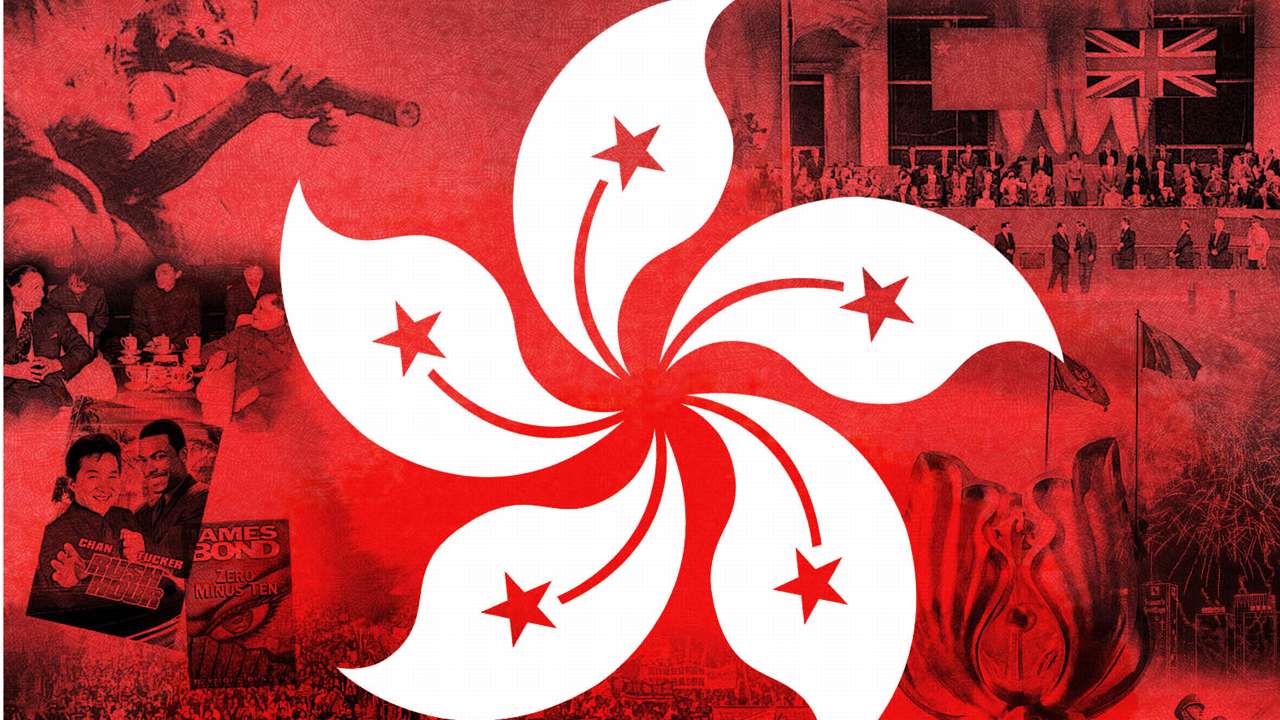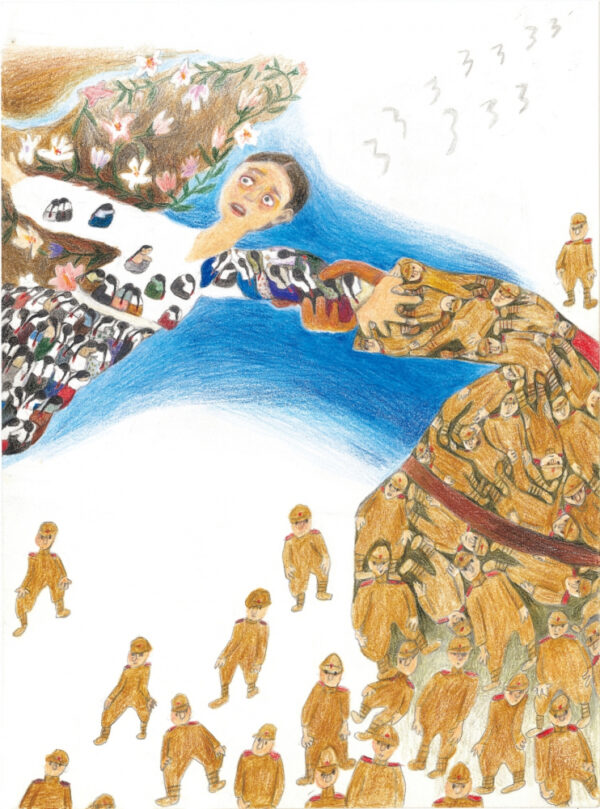On March 12, 2021, the Centre for the Study of Global Japan at the Munk School of Global Affairs held a seminar titled “Help (Not) Wanted: Immigration Politics in Japan.” Moderated by Dr. Phillip Lipscy of the Centre for the Study of Global Japan, the speaker for the event was Michael Strausz, Associate Professor of Political Science and Director of Asian Studies at Texas Christian University. Dr. Strausz’s presentation centered around the contents of his book released in 2019, which shares the same title as the event.

Dr. Strausz began his presentation by introducing the now well-known and overarching problem of Japanese society: an increasingly old and shrinking population. Like many developed nations, Japan has experienced lower birth rates and slowing population growth in recent times. Some consequences of this phenomenon are a smaller labour force and increased burdens on pensions and retirement funds. While a common solution to this problem is to permit foreign workers or residents into the country, Japan’s policy toward immigration remains highly restrictive and limited.
During Dr. Strausz’s visit to Japan while working on his book, he found that Japanese officials provided some common explanations as to why immigration numbers were staggeringly low compared to other nations in the Organisation for Economic Co-operation and Development:
- Supply-side explanation:
- Japanese officials claimed that many people do not often seek to immigrate to Japan. Due to barriers such as language and culture, many immigrants find it more desirable to move to other developed countries such as Germany or Canada.
- Institutions:
- Unlike the European Union, Japan is not part of a transnational agreement that legally binds it to accept immigrants and encourages the acceptance of immigrants, resulting in a low level of immigration.
While Dr. Strausz agreed that these explanations hold some validity, he argued that a more potent, causal explanation exists for the lack of immigrants in Japan. He proposed that Japan’s hesitant immigration policy is not a result of mass xenophobia among the populace, but rather a result of elites in powerful, governmental positions whose long term plans for the Japanese economy and Japanese society did not include immigrants. As a result, this has perpetuated hesitancy toward accepting immigrants.
Dr. Strausz found that many Japanese people were either accepting of immigrants or indifferent, with only a handful of Japanese voters having strong convictions against immigration.

Japanese businesses are currently in dire need of low-skilled, manual labourers and have been struggling to find sufficient workers since the 1980s. Previously, the demand for low-skilled labourers was met by Japanese farmers shifting from the agricultural sector to the industrial sector. However, Japanese demographics can no longer support such a transition, and Japanese businesses have been continuously lobbying the government to accept more foreign workers since.
The reason why governing elites, particularly the Ministry of Justice which oversees immigration law and enforcement, are so hesitant about immigrants is the reaction of elites toward the effects of immigration in other nations. Governing elites in Japan have observed what has resulted in nations with large immigration programs, primarily the European Union member states, and have reached the misled conclusion that immigrants cause social instability and unrest. Therefore, in Japan, while both a social need and desire for immigration exist, the parts of society that demand or desire higher immigration levels have failed to persuade those in positions of power, particularly the Ministry of Justice, who have the authority to enact the necessary reforms.
This is not to say that the Japanese government has made no concessions to those in society demanding more immigration. Over the years, increased societal and economic pressure has led to several programs encouraging temporary labourers to work in Japan. Dr. Strausz highlighted the recent 2018 amendments to the Immigration Control and Refugee Recognition Act (ICRRA), which resulted in fourteen new visa categories for foreign labourers, set a target of over 300,000 foreign labourers in five years, and established a new government body to help foreigners adjust to Japan. However, the Shinzo Abe administration made clear that this was not an “immigration policy,” as the ICRRA still prohibited foreign workers from bringing their families to Japan (chain migration) and placed strict time limits on how long foreign workers would be permitted to stay in Japan.
Dr. Strausz’s presentation made clear the complexity of immigration politics in Japan. The issue is not a simple result of xenophobia and anti-immigrant sentiment that many often make it out to be; rather it is an ongoing dispute between different agents of Japanese society. Currently, the parties who oppose immigration have succeeded in preventing the societal shift necessary to allow higher immigration. However, as the question of how to address the demographic time bomb becomes more urgent, it will be difficult to tell whether these elites can continue their stance on anti-immigration.
Ricky Kim is an incoming third year student studying Economics. An immigrant from South Korea, Ricky hopes that as an Events Reporter for East Asia, he will be able to learn more about the research conducted about the social workings of his native region. Some topics of interest to him are economic development, international trade and the intersection of culture and economics in societal structure and development.








